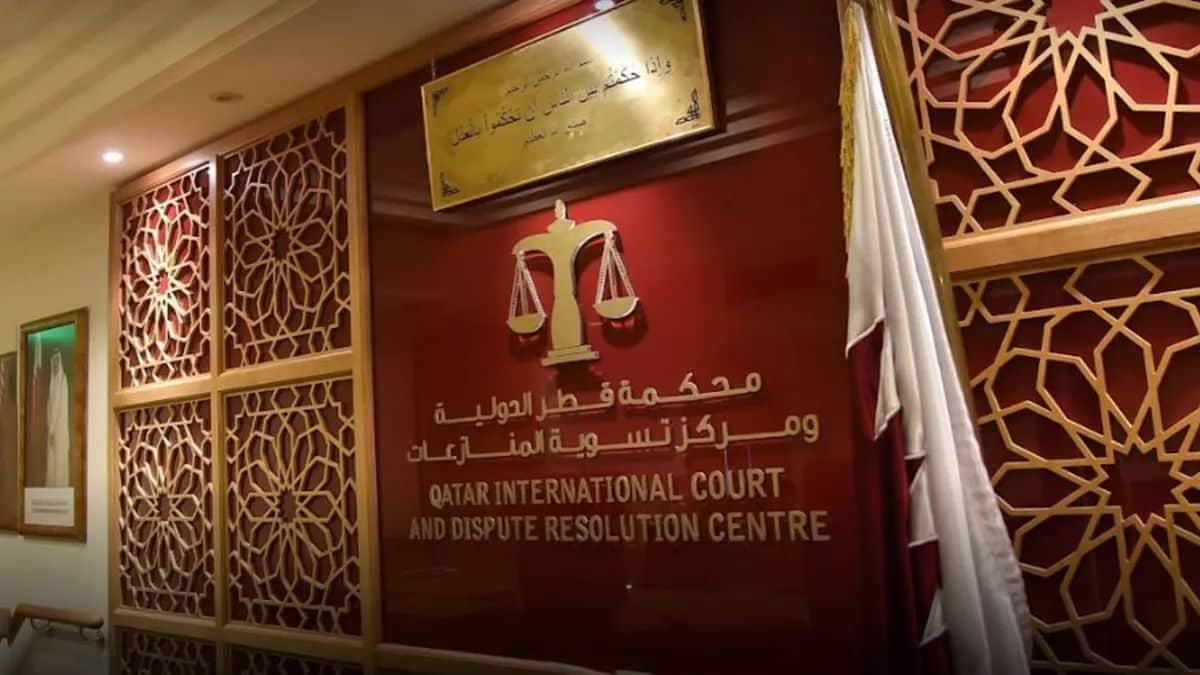The Qatar International Court and Dispute Resolution Centre (QICCA) has reported a substantial increase in registered cases for the year 2023, with the total amounting to an early estimate of QR 3 billion. This significant figure highlights the growing prominence of QICCA as a key arbiter in resolving high-value commercial and civil disputes in Qatar.
According to the preliminary data released by QICCA, the cases registered cover a broad spectrum of legal issues, including commercial contracts, real estate disputes, and financial transactions. This influx of cases reflects the robust economic activity in Qatar and the heightened need for effective dispute-resolution mechanisms amid a dynamic business environment.
The early estimate of QR 3 billion underscores the growing complexity and scale of disputes being addressed by QICCA. This increase in case volume is attributed to several factors, including the expanding role of Qatar in regional and international trade, as well as the centre’s enhanced reputation for providing impartial and efficient legal services.
QICCA’s role has become increasingly crucial as Qatar continues to attract substantial foreign investment and engage in large-scale infrastructure projects. The centre’s ability to handle high-value and complex cases contributes to the overall stability and predictability of the legal and business environment in the country.
The reported figures also indicate a broader trend towards the formalization and professionalization of dispute resolution in Qatar. As the nation’s economy grows and diversifies, the demand for specialized legal services and effective arbitration mechanisms is expected to rise correspondingly.
In recent developments, QICCA has announced the expansion of its services to include enhanced digital arbitration tools. This move is designed to streamline case management and increase accessibility for international clients, reflecting a broader trend toward digital transformation in the legal sector. The integration of these technological advancements is expected to further bolster QICCA’s efficiency and appeal as a leading dispute resolution centre.
In addition to its domestic impact, QICCA’s increased caseload reflects the centre’s growing influence in the regional legal landscape. Its reputation for resolving disputes efficiently and fairly positions it as a preferred forum for international entities involved in commercial activities within the Gulf region.
The data released by QICCA is anticipated to have implications for various stakeholders, including legal professionals, businesses, and policymakers. The centre’s ability to effectively manage and resolve high-value cases will be closely watched as an indicator of the broader health and resilience of Qatar’s legal and economic systems.

